Every team I have spent time with over the last year has participated in a group activity where staff “see” each other for who they are being and what good things they are doing at work. Every session, participants ask “why don’t we do this in real life? It feels so good!”
Great question! Why don’t we give this “free” gift more often?
Gone are the days when length-of-service awards, employee-of-the-month recognition and merchandise rewards were valued ways to recognize people who work with you. In fact, many people find such formal recognition programs stale and irrelevant, even minimalizing. The effectiveness of these programs has declined. This is true whether speaking of colleagues, direct reports, or contractors.
The problem is that these methods don’t really express appreciation for a job well done or gratitude for a commitment to quality.
TRUE STORY!
Several years ago I was facilitating an emotional intelligence session with a group of physician leaders. The topic of gratitude came up and one doc said “no one needs to tell me thank you - it’s my job”. It just so happens that this particular surgeon was a “beast” to work with and his surgical staff was always in flux. He really didn’t believe that appreciating good work was part of his leadership role. When others in the room started to press him on the issue, he said “I know if I do a good job, because my patient gets better.”
I challenged him by saying that different people find purpose and value in different ways. I further suggested that his staff might respond favorably if he simply told them thank you after surgery.
“Seriously? I guess I can try, but I don’t think a lack of appreciation is the issue.”
He took the bait and said he would try to say thank you every day for a month. On the days he wasn’t at work, he was going to try it at home.
You know what the results were. His staff was friendlier - less complaints - said that Dr ‘Smith’ had turned over a new leaf. The real kicker was the difference it made to his wife and kids. His wife wanted my name because she wanted to pay me for helping her husband understand that it wasn’t okay to just tell people what to do and expect it would be done.
Take the Self-Quiz below to discover how well you score.
1. Forget employee of the month! I try to acknowledge employees each time they do good work.
2. I personalize the generic recognition programs we offer, so that they fit the individual.
3. One way I express how much I value those I work with is by ensuring meaningful work, offering flexible work hours, and encouraging greater work/personal life balance.
4. I am clear about what kinds of incentive merchandise not to give, including coffee mugs, paperweights, pen sets, plaques. In fact, I stay away from “stuff” altogether.
5. I understand that how people are treated each day matters more to them than gift certificates or parking spots. This includes soliciting opinions and ideas, involvement in decisions, and allowing for failure.
6. I offer learning and development opportunities as appreciations, rather than “things.”
7. I make an effort to let the individual know they made a difference instead of sending a blanket thank you to the team. It is more sincere and more personal.
8. I ask those I work with what kind of programs, practices, and activities they value, so that I know the direction I need to take.
9. I make recognition or praise a habit and a routine part of my day. Thank-you notes, one-on-one meetings, and being observant are a few simple recognition tools.
10. I think I don’t do enough to thank those I work with.
11. Creativity and fun are big components of my or my company’s recognition activities.
12. I include “praise employees” in my “to do” list each day, to help me develop the habit.
13. I don’t overlook my own contributions. I recognize and reward myself and acknowledge my successes.
14. I ask my employees or associates to contribute ideas and/or to participate in celebrating each other’s work.
15. I remember that people in my personal life also want to be seen, valued and thanked.
It’s the simple forms of sincere thanks and praise that go the longest way toward making those who work with you feel valued, respected, trusted and prized. If you answered true to fewer than seven statements, you may want to explore what keeps you from expressing appreciation more often or ways you can increase the focus on sincere, personal recognition. Challenge yourself with a daily “thank you” journal; each day note who did you show appreciation to today?


